Dao girl Ban Thi Hom (left) introduces Shan Tuyet tea products. Photo: Duc Tho/VNA
According to the Ministry of Agriculture and Environment , up to now, the whole country has 16,855 One Commune One Product (OCOP) products with 3 stars or more; of which, 76.2% are 3-star products, 22.7% are 4-star products and 126 products are 5-star products - recognized as national products. There are a total of 9,822 OCOP subjects; of which, 32.9% are cooperatives, 25.3% are small enterprises, 33.5% are production households, business establishments and the rest are cooperative groups. Notably, up to 40% of subjects are women and 17.1% are ethnic minorities. Currently, more than 3,000 cooperatives have participated in the production of OCOP products, showing the spread of the program.
Deputy Minister of Agriculture and Environment Tran Thanh Nam affirmed that OCOP products not only contribute to the development of agricultural production, promote the restructuring of the rural economy but also play an important role in preserving cultural identity and promoting indigenous knowledge. With a long-term vision, the Ministry of Agriculture and Environment aims to develop OCOP into a national brand - not only a product of each village and commune - but also protected by intellectual property, with a promotion system and policies to support market expansion.
However, in addition to the achieved results, the consolidation of administrative units has caused many concerns for OCOP product producers. Many OCOP producers expressed their concern when the local name - which has long been associated with the product - disappeared from the administrative map. This could affect the recognition, identity and competitiveness of OCOP products.
According to Mr. Vu Van Dinh, owner of a famous handicraft production facility in Thuong village, Chuyen My commune, Phu Xuyen district ( Hanoi ), the sophisticated wooden, mother-of-pearl and lacquer products bear the mark of a 1,000-year-old craft village. This is not just a habit, but the result of the process of building a brand associated with a place name. When the local name no longer exists, the product is at risk of "losing its roots" in the market's perception.
Quang Vinh Ceramics Joint Stock Company is a testament to the success in developing traditional crafts in Bat Trang craft village. Ms. Ha Thi Vinh, Director of Quang Vinh Ceramics Joint Stock Company, said that behind each product is not only quality, but also the story of the local culture associated with each product of that locality. Each OCOP product is also considered a "cultural ambassador" of the locality, representing the traditions, customs, and living habits of the people.
However, the Ministry of Agriculture and Environment has directed that localities are responsible for maintaining the legal value of OCOP certificates and guiding entities to update administrative information in a simple and convenient manner, without causing cumbersome procedures.
Specifically, if a 4-star OCOP product belongs to Ly Nhan district, or Binh Luc district of Ha Nam province before - now merged into the new Ninh Binh province - the 4-star OCOP certificate is still valid. The subject only needs to update the new administrative address in the file, without having to redo all the procedures from the beginning. This not only helps reduce the legal burden, but also creates a stable mentality for the subjects to continue production and business.
More importantly, the OCOP brand is associated with the cultivation area and geographical factors - not entirely dependent on the administrative name of the province. For example, Shan Tuyet Suoi Giang tea (Yen Bai), or Shan Tuyet Hoang Su Phi tea, even if Ha Giang province merges with another province, Suoi Giang or Hoang Su Phi is still a typical tea region, recognized as a geographical indication.
In difficulty, there are always opportunities. Administrative arrangements can also be a lever for entities to enhance their brands, especially through expanding raw material areas, upgrading collective trademarks to geographical indications or certification marks - factors that bring sustainable value and greater market development potential.
In addition, the administrative arrangement not only expands the market but also helps the subject reduce communication costs due to the promotion support under the general trade promotion program of the new province - which has greater potential. Instead of having to carry out communication themselves, the subjects can take advantage of local and central media channels to spread the brand.
The first (old) Hai Duong litchis of the 2025 crop have hit supermarket shelves in France. Photo: Nguyen Thu Ha/VNA correspondent in France
Mr. Giang Ngoc Luan, Deputy Head of the Department of Cooperative Economics, Department of Agriculture and Environment of Ho Chi Minh City, said that previously, many products were limited within the administrative boundaries of communes and districts, so those products were only certified OCOP at the local level. After the merger, when the administrative unit expanded, the opportunity to form a regional value chain also opened up. From there, products can be developed into regional brands, making it easier to access support policies from the provincial or central level.
To develop the OCOP program effectively after the merger, Mr. Giang Ngoc Luan said that agencies such as the Central Office for New Rural Area Coordination and the Ministry of Industry and Trade have also provided specific instructions on updating administrative addresses on packaging. It is not mandatory to destroy old labels, and the subject can gradually change during the transition period. In particular, for products using electronic traceability QR codes, new administrative information can be updated flexibly without affecting business operations.
Experts affirm that administrative arrangements do not invalidate OCOP products and do not cause business disruption. The important thing is the initiative of the subject in updating records, maintaining the brand and exploiting opportunities for regional linkage, trade promotion and production expansion.
With the determination to preserve identity and ways of doing things that are suitable to new conditions, OCOP entities can completely turn administrative arrangement challenges into long-term competitive advantages. If OCOP products are truly of high quality and carry cultural stories, they will not only retain their value after reform, but also spread more strongly in the domestic and international markets.
According to VNA
Source: https://doanhnghiepvn.vn/kinh-te/chinh-sach/ocop-thich-ung-sau-hop-nhat-tinh-thanh/20250711100923737


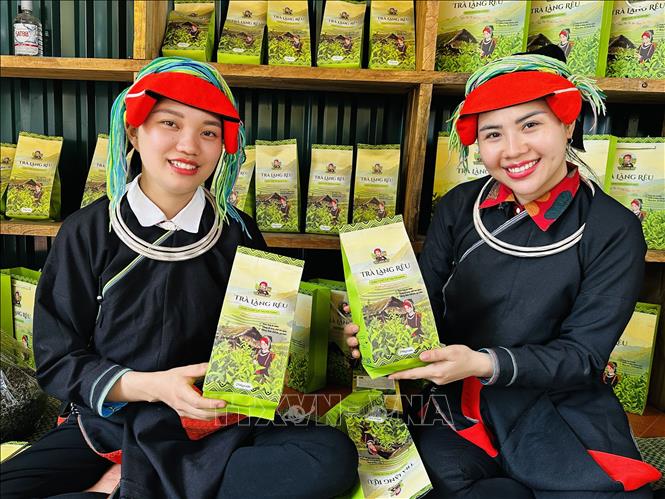
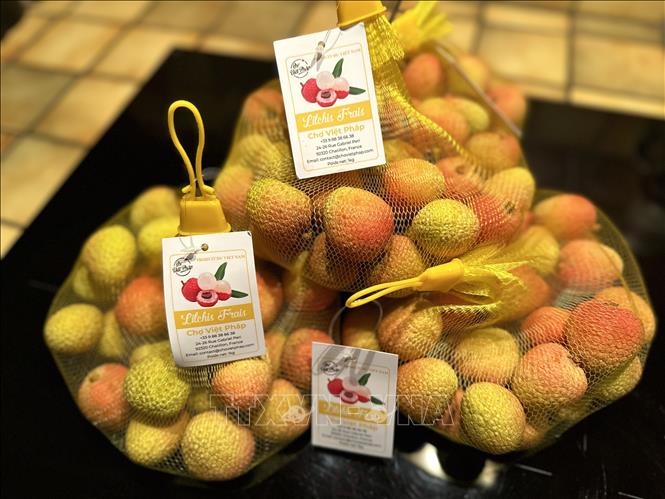

![[Photo] Prime Minister Pham Minh Chinh receives President of Cuba's Latin American News Agency](/_next/image?url=https%3A%2F%2Fvphoto.vietnam.vn%2Fthumb%2F1200x675%2Fvietnam%2Fresource%2FIMAGE%2F2025%2F12%2F01%2F1764569497815_dsc-2890-jpg.webp&w=3840&q=75)





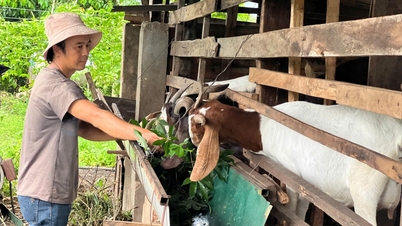

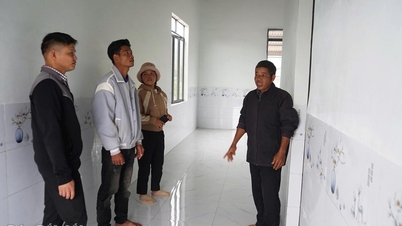

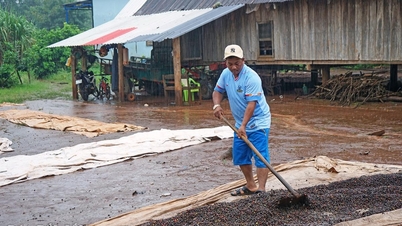
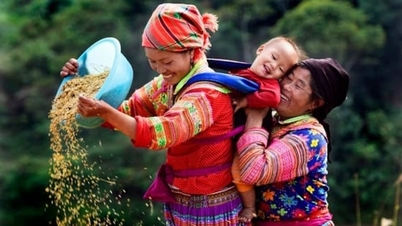


























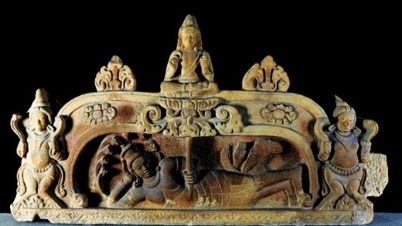
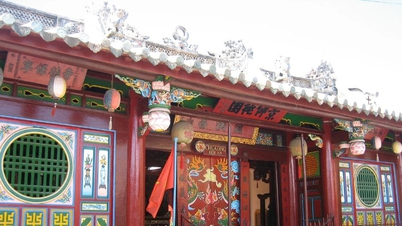






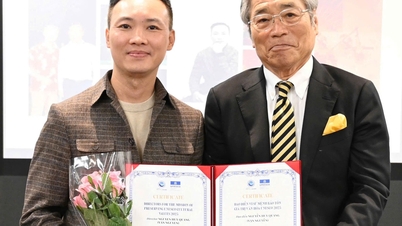


































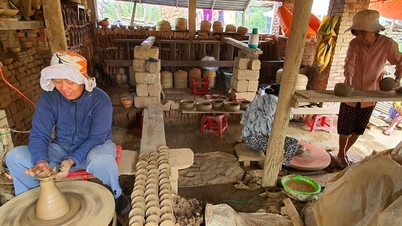






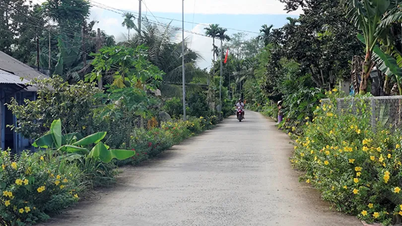


















Comment (0)